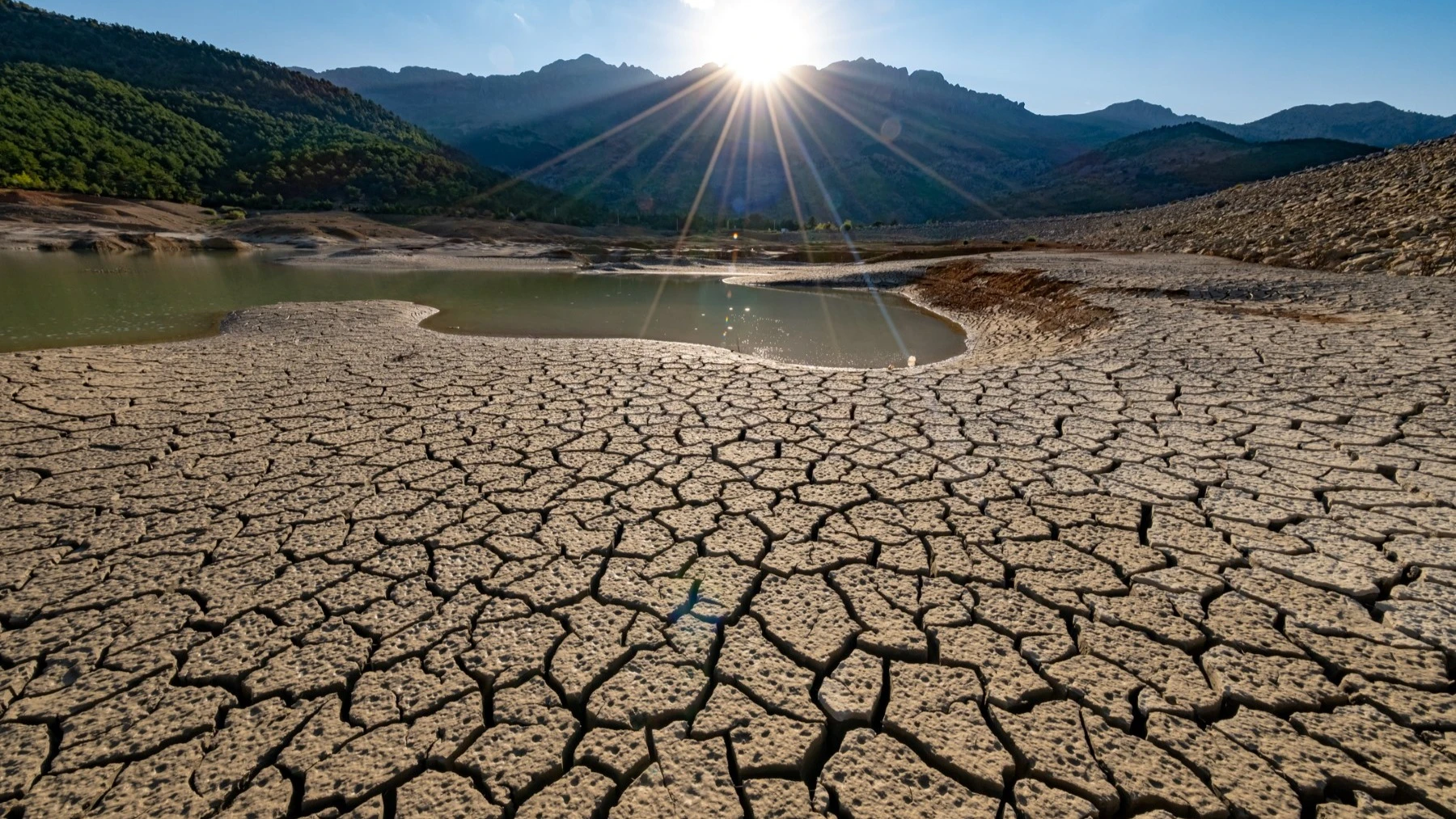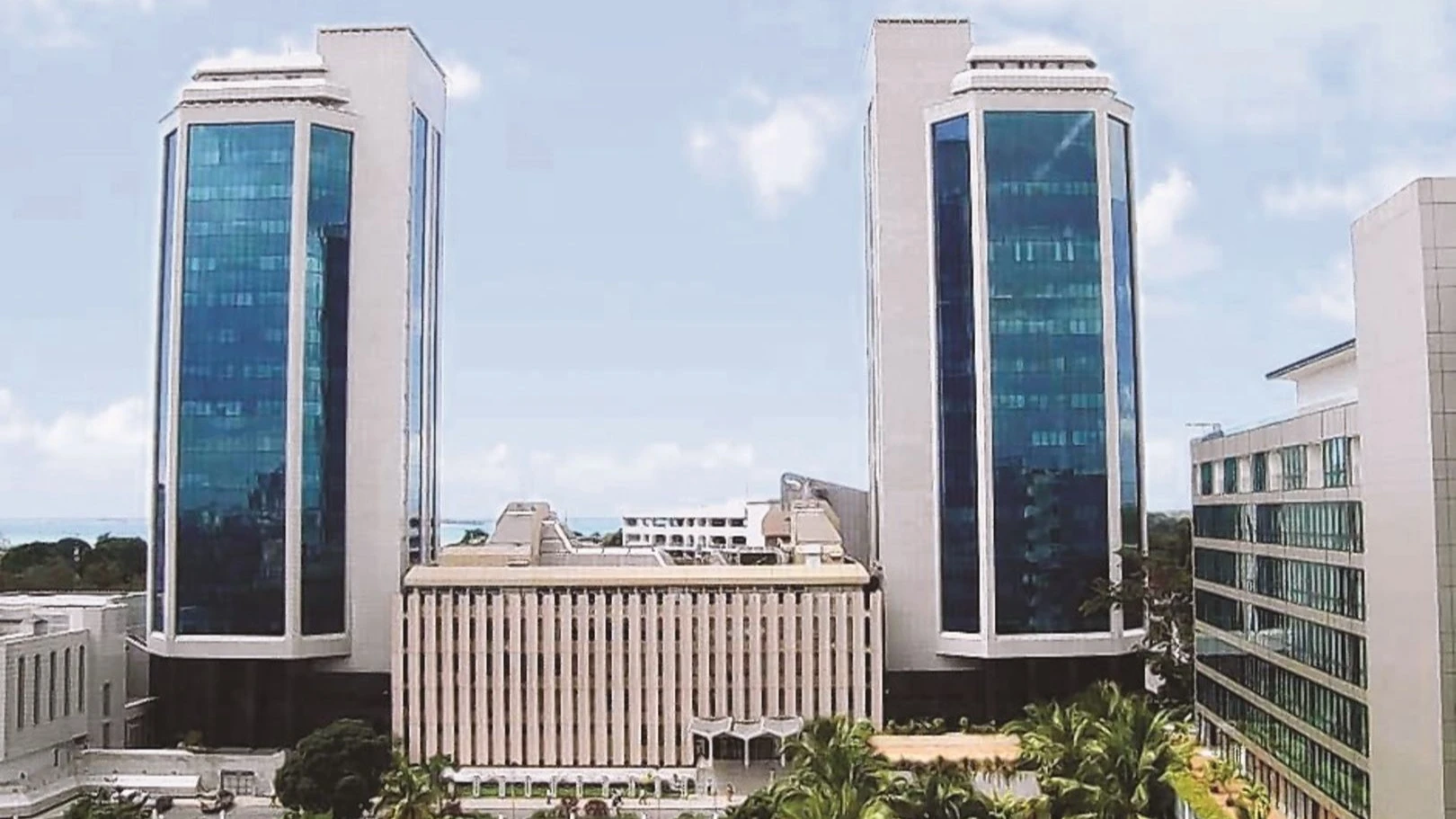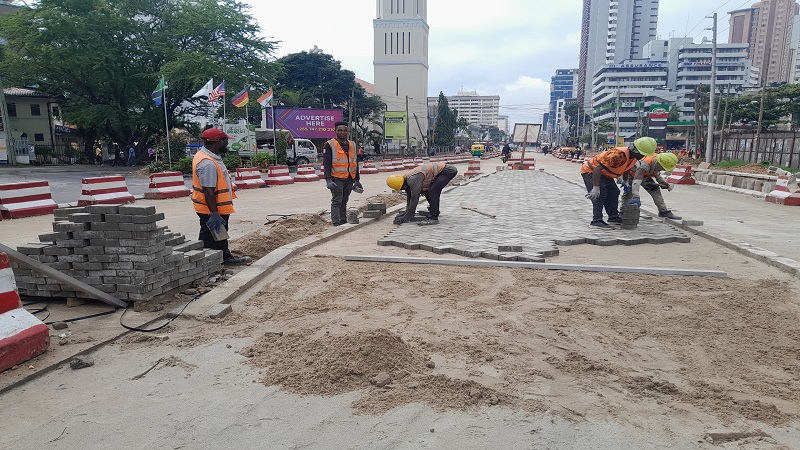‘Meteorology capacity key to curbing climate change'

TANZANIA is registering progress in addressing climate change and closing early warning gaps, with large-scale investments in meteorological infrastructure
Judge Mshibe Bakari, the Tanzania Meteorological Authority (TMA) board chairman made this affirmation when opening an outreach event on the Intergovernmental Panel on Climate Change (IPCC) processes for Eastern Africa, here, co-hosted by TMA and the Nelson Mandela African Institute of Science and Technology (NM-AIST).
It brought together key stakeholders to discuss climate change challenges, he said, noting that improving meteorological capacity is part of the government's broader commitment to tackling climate change.
It is focusing on enhancing weather radar networks, automatic weather stations and building the capacity of meteorological experts, he said, underlining that installing weather radars, automatic weather stations, and high-performance computers (HPCs) are vital components of the strategy to improve forecasting and respond to extreme weather events.
A report by the World Meteorological Organization (WMO) states that every dollar invested in early warning systems brings $10 in net economic benefits, he asserted, also pointing at the government’s commitment to clean energy initiatives.
Led by President Samia Suluhu Hassan, these initiatives are intended to reduce environmental impact, particularly by promoting clean cooking solutions that benefit both the environment and public health, he said.
The board chairman noted that climate change is a significant challenge in achieving the Sustainable Development Goals (SDGs), with Tanzania experiencing an increase in extreme weather events in the past decade, with 2024 the warmest year on record globally.
Dr Ladislaus Chang’a, permanent representative to the WMO and among IPCC vice chairmen, stressed the importance of the outreach programme in strengthening broader national involvement in the IPCC process.
“This outreach event is vital for raising awareness about the IPCC’s role and sharing knowledge in climate change science,” he said, pointing at the need for participation in the IPCC’s seventh assessment report, as it is crucial in shaping global climate action.
Prof Maulilio Kipanyula, the NM-AIST vice chancellor, reaffirmed the institution’s commitment to addressing climate-related challenges through research and capacity building. “This event reflects NM-AIST’s mission of finding solutions to development challenges, especially climate change,” he stated.
The IPCC, established by the WMO and the United Nations Environment Programme (UNEP) in 1988, builds comprehensive scientific data on climate change. Its previous reports have been instrumental in driving global climate action, including the formation of the UN Framework Convention on Climate Change (UNFCCC) and the Paris Agreement.
In preparing its next assessment report, IPCC is expected to offer actionable insights for global efforts to mitigate and adapt to climate change, he said at the event attended by experts, scientists and senior government officials.
It highlighted Tanzania’s growing role in the global climate conversation, greater investment in meteorological infrastructure serving as a model for other countries facing similar challenges, he added.
Top Headlines
© 2025 IPPMEDIA.COM. ALL RIGHTS RESERVED






















